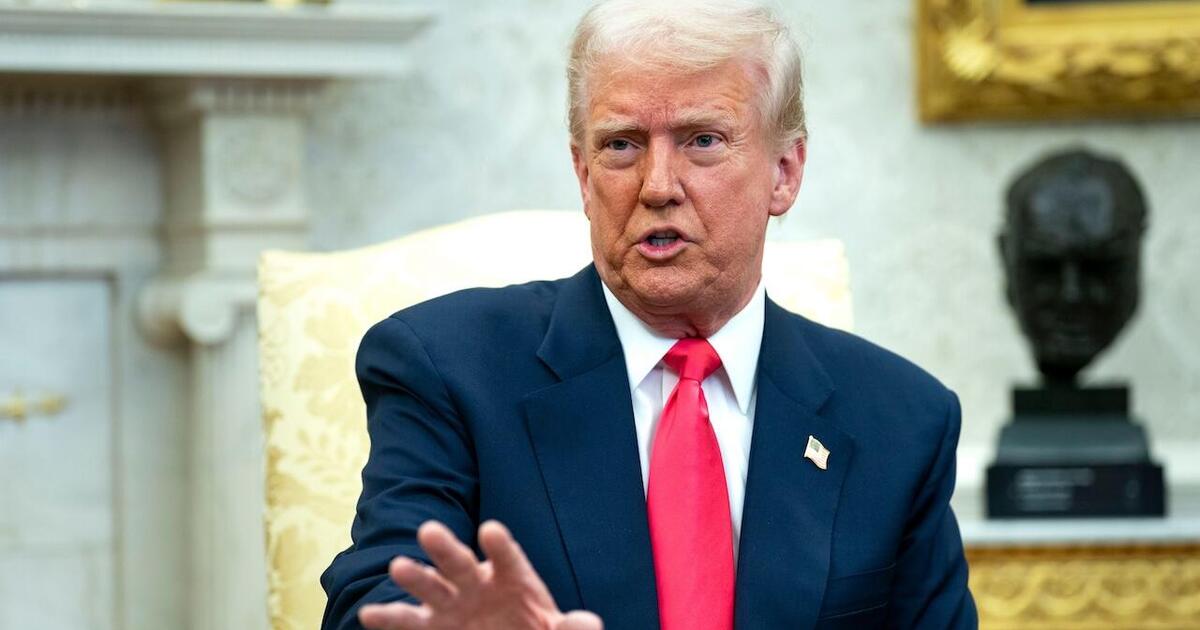Key takeaways:
- President Donald Trump has invoked the Alien Enemies Act of 1798 to detain and deport Venezuelan migrants suspected of affiliation with the Tren de Aragua gang, citing their activities as an “invasion” or “predatory incursion.”
- The Alien Enemies Act allows presidential action against individuals from a “hostile” nation during declared war or invasion, with Trump arguing the gang’s involvement in drug trafficking and “irregular warfare” justifies its use.
- The decision follows a federal judge’s temporary limitation on the Act’s use, highlighting legal complexities, and raises questions about its impact on U.S.-Venezuelan relations and the broader immigration and national security discourse.
President Donald Trump has invoked the Alien Enemies Act of 1798 to address concerns regarding the presence of the Venezuelan gang Tren de Aragua in the United States. The decision, announced on Saturday, allows for the swift detention and deportation of Venezuelan migrants suspected of being affiliated with the gang. The president’s proclamation describes the gang’s activities as an “invasion” or “predatory incursion,” meeting the legal criteria necessary to activate the wartime authority granted by the 227-year-old law.
The Alien Enemies Act, which dates back to a period shortly after the Declaration of Independence, provides the president with the power to act against individuals from a “hostile” nation during times of “declared war” or when facing an invasion. In this case, President Trump has argued that the Tren de Aragua gang poses a significant threat to the United States, citing their alleged involvement in drug trafficking and other forms of “irregular warfare” as justification for the use of this authority.
The proclamation comes in the wake of a federal judge’s temporary limitation on the use of the Alien Enemies Act, highlighting the legal complexities surrounding its application. Despite this judicial intervention, the president has proceeded with the measure, emphasizing the urgency of addressing what he perceives as a national security threat posed by the gang’s activities.
The decision to invoke the Alien Enemies Act has drawn attention to the historical context and implications of using such a law in modern times. As the situation unfolds, it remains to be seen how this action will impact U.S.-Venezuelan relations and the broader discourse on immigration and national security.



Be First to Comment